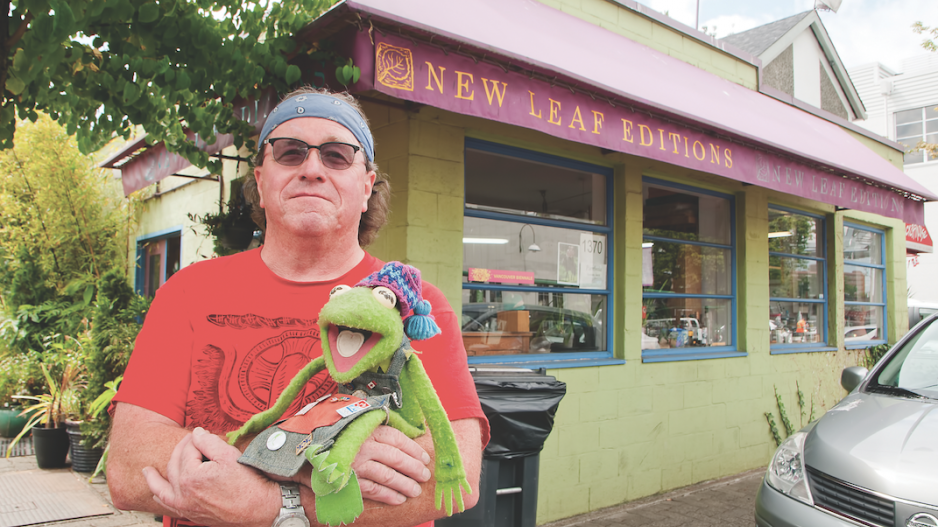Granville Island merchants are ambivalent about Emily Carr University of Art + Design (ECUAD) officially vacating 190,000 square feet of space and moving nearly 1,900 students and 200 staff to a new campus on Great Northern Way at the end of August.
Instead of lamenting any loss of business, they are more likely to welcome the departure because they say that it might free up parking for paying customers.
Food vendors and restaurant owners say students tended to eat at ECUAD’s subsidized, on-site cafeteria, which offered cheaper fare than anything offered elsewhere on the peninsula, while other tenants say students did not spend much money on retail items – not even art supplies.
“Students provided way, way less than half of our business at the Granville Island store,” Opus Art Supplies vice-president Scott Cronshaw told Business in Vancouver.
His company operates seven stores in B.C. that sell primarily paints, canvas, paper and drawing accessories.
“The bulk of our sales on Granville Island is from individual artists and professionals, and Emily Carr leaving is a really good thing for those artists because the one Achilles heel is parking,” he said.
“Freeing up parking is a good thing.”
New Leaf Creative Solutions owner Peter Braune echoed Cronshaw’s assessment and said that he rarely received any business from ECUAD students or staff at his print shop. In his several decades in business, he has also hired only one ECUAD student.
Despite the indifference around ECUAD’s departure, business owners care passionately about Granville Island’s future, which has yet to be clarified.
Scott Fraser, spokesman for Canada Mortgage and Housing Corp. (CMHC), the island’s manager, said that in the short term, no new tenants will fill the two large ECUAD buildings.
“It’s nearly a 200,000-square-foot site that they’ve been occupying for several decades, so it’s not like flipping an apartment,” Fraser said.
“There’s obviously going to be the amount of time it takes for [ECUAD] to fully clear the building and then for us to look at the building condition.”
In the long term, Fraser expects that ECUAD’s south building will be used by an art institution for educational use and that the north building, near the water, will be subdivided to accommodate a mix of uses and house, potentially, artists, restaurants and manufacturers.
Speculation is that an institution, such as Kwantlen Polytechnic University, Langara College or Capilano University, could be persuaded to take space in the southern building.
Another possibility is that the U.S.-based Delancey Street Foundation could take that space.
Delancey resembles a university, but it teaches life skills to people who have had substance abuse problems or have been homeless or in prison.
Those options do not excite Braune.
“There’s a screaming need for artist studios,” he said.
“I have five artist friends who are looking for space now, and there is nowhere for them to go.”
He would like CMHC to divide both former ECUAD buildings into 1,000-square-foot units that artists could rent.
Eric Pateman, who owns the restaurant Edible Canada, in contrast, wants space leased to technology companies as well as to artists.
“What we really need is to have programming or things that will drive people to come to Granville Island in the evening,” he said.
Pateman was part of a panel that wrote Granville Island 2040: Bridging past and Future.
That document floated ideas such as potentially expanding and having later hours for the public market and even building an elevator between the peninsula and a sidewalk on a redesigned Granville Street Bridge – a concept that Pateman said would need financial support from various governments as well as TransLink, which is open to the idea.
“TransLink is supportive of innovative ideas that improve ease of travel and overall mobility,” said TransLink spokesman Chris Bryan.
“We are keen to work with partners on ideas like those being explored for Granville Island.”•




